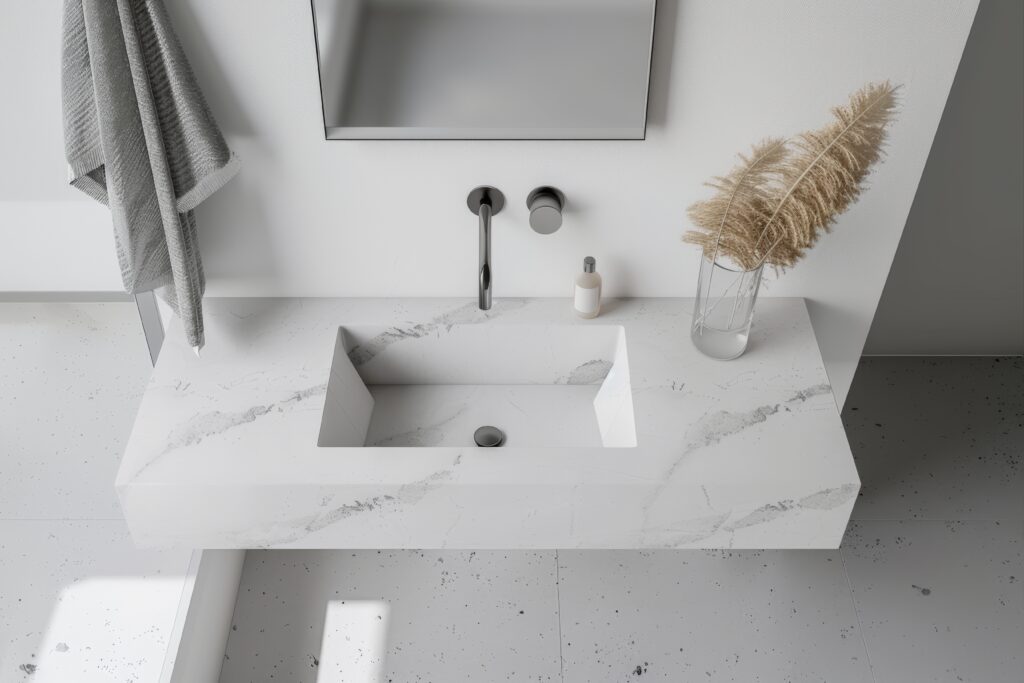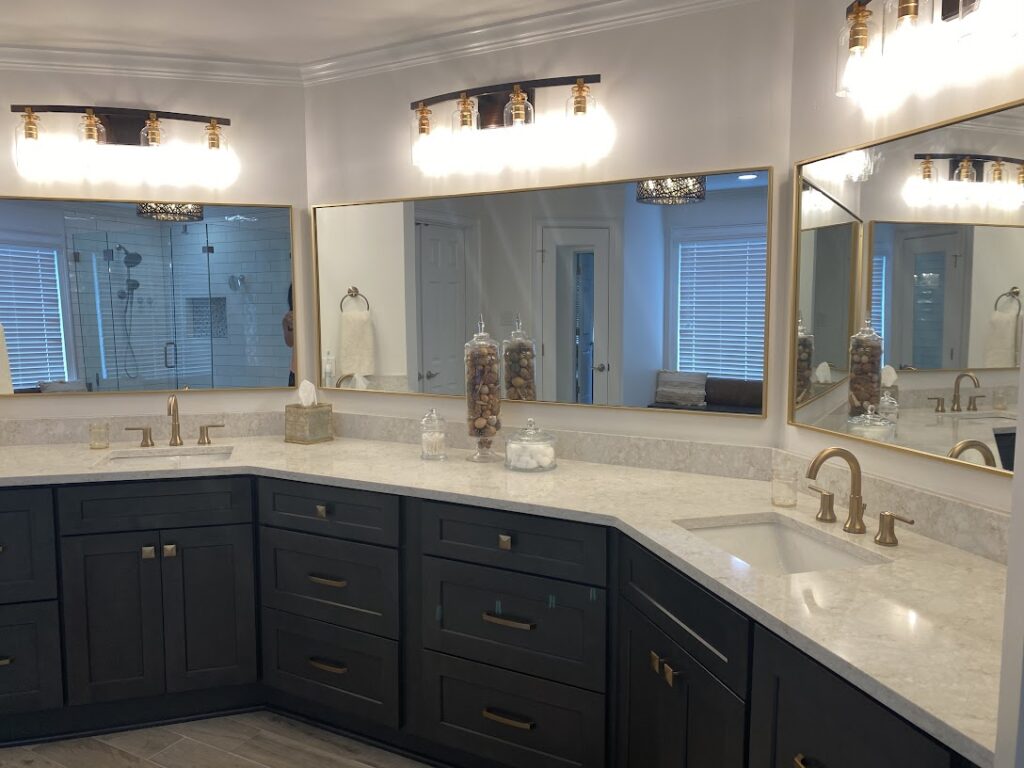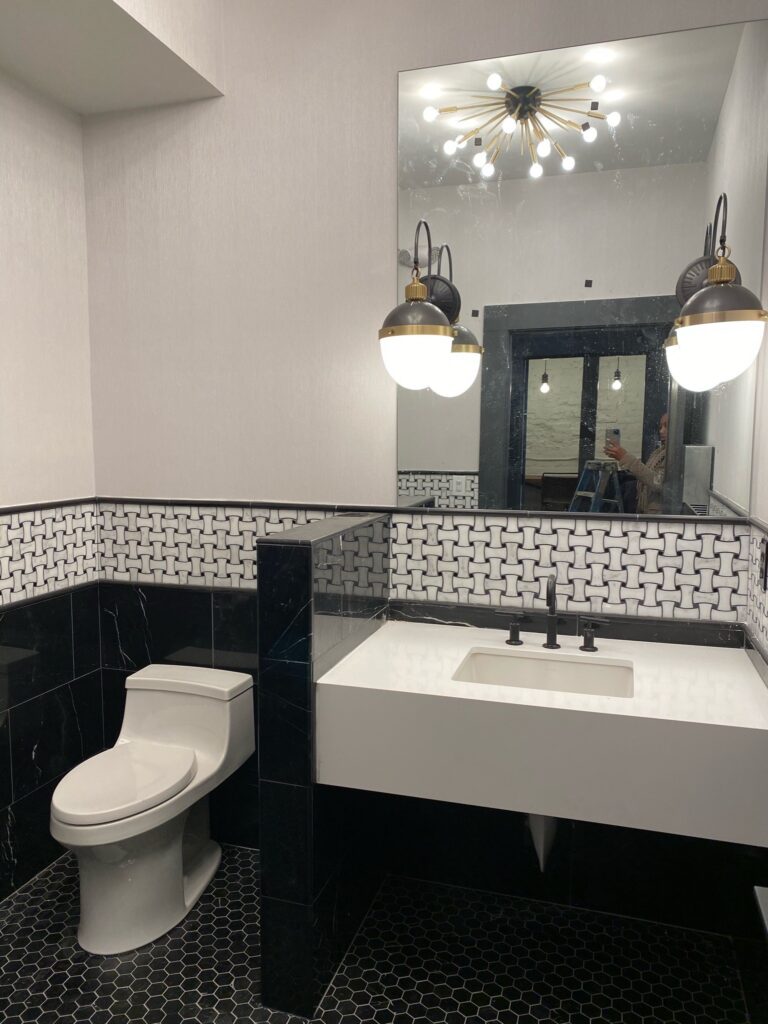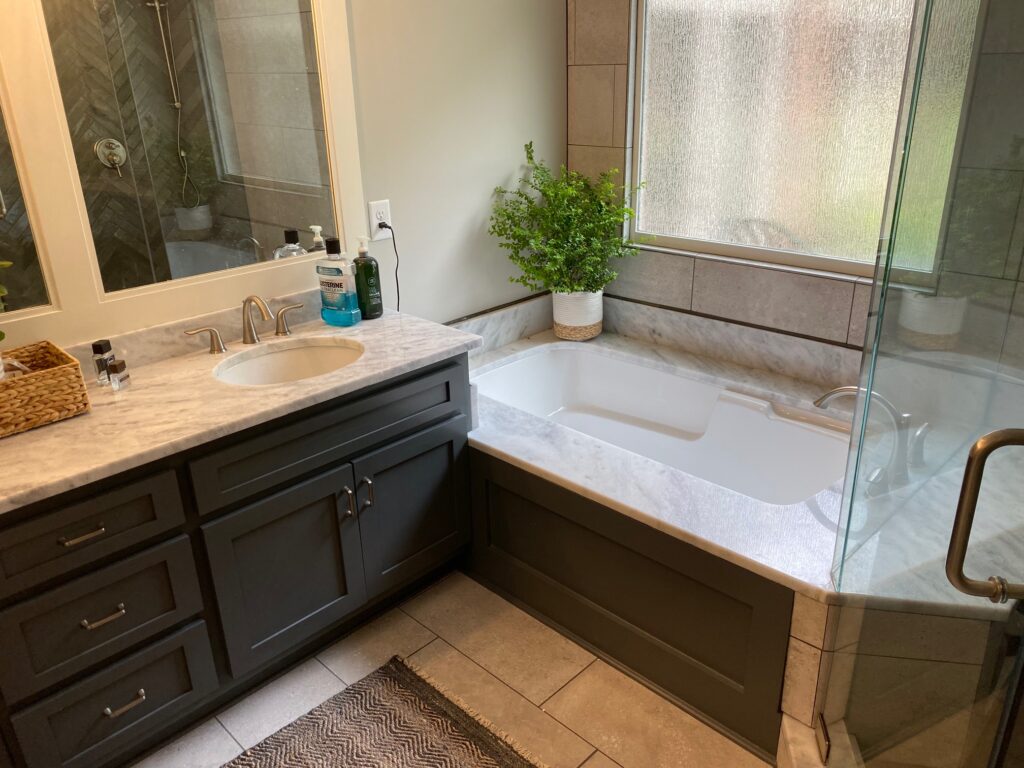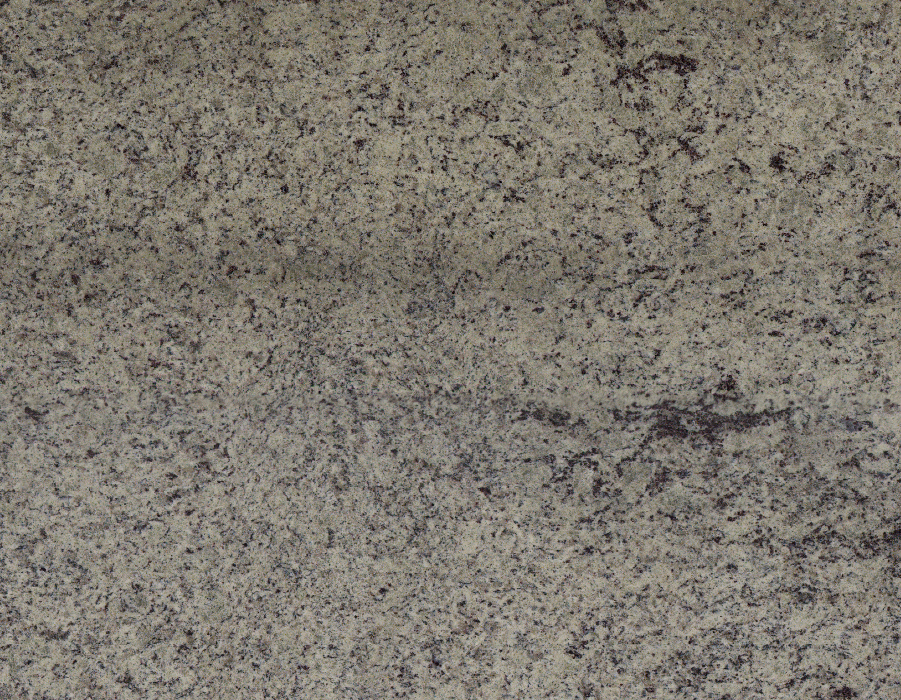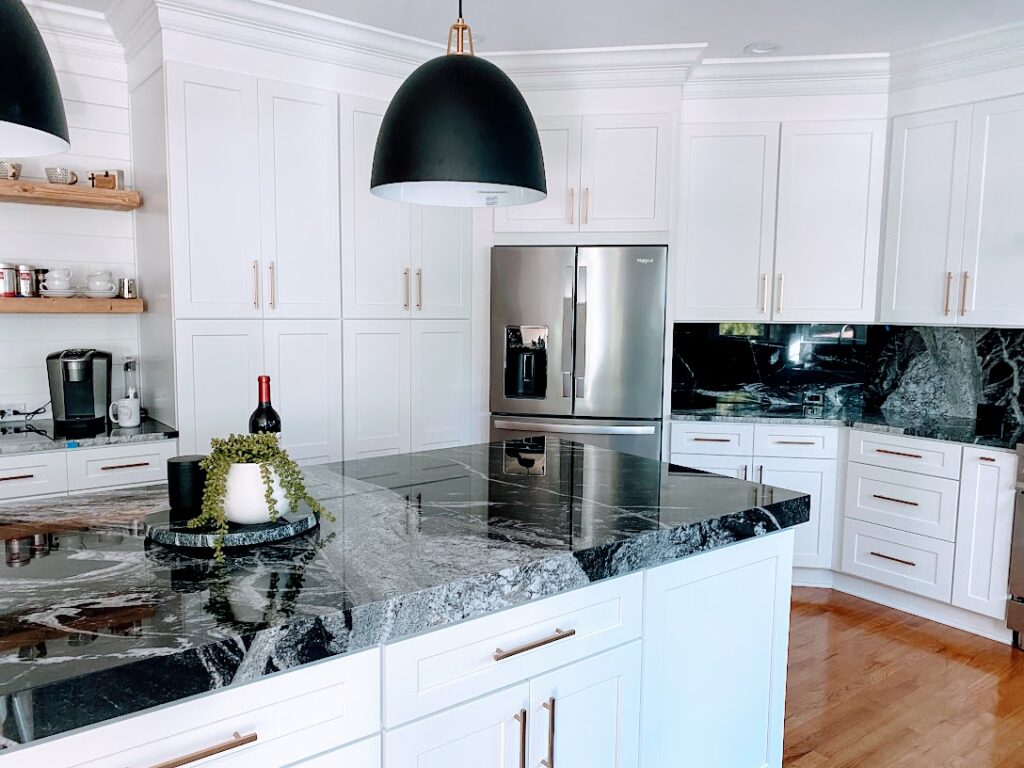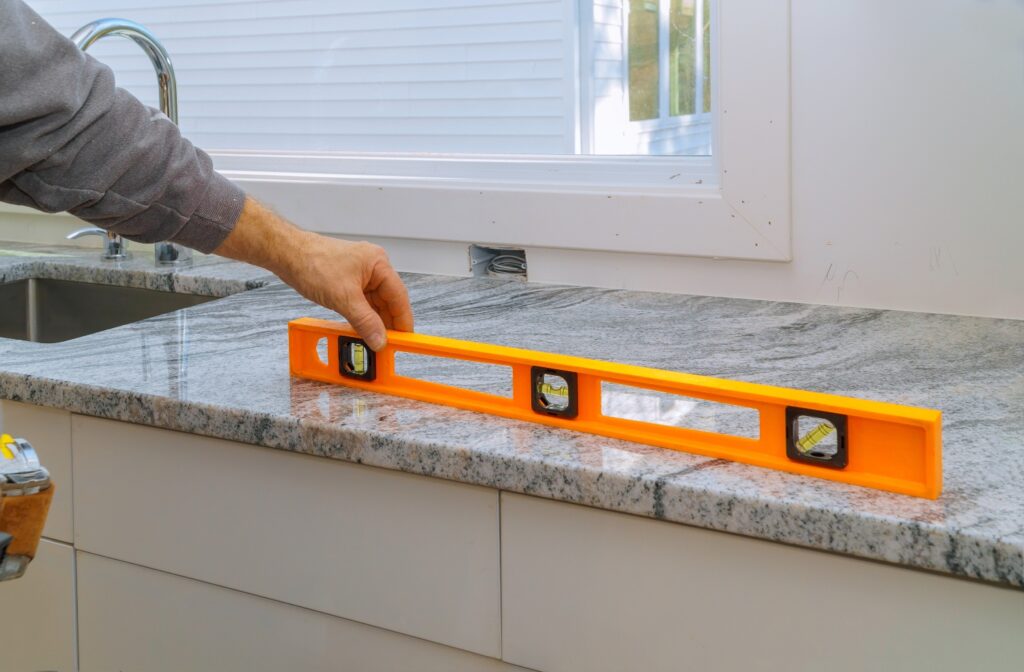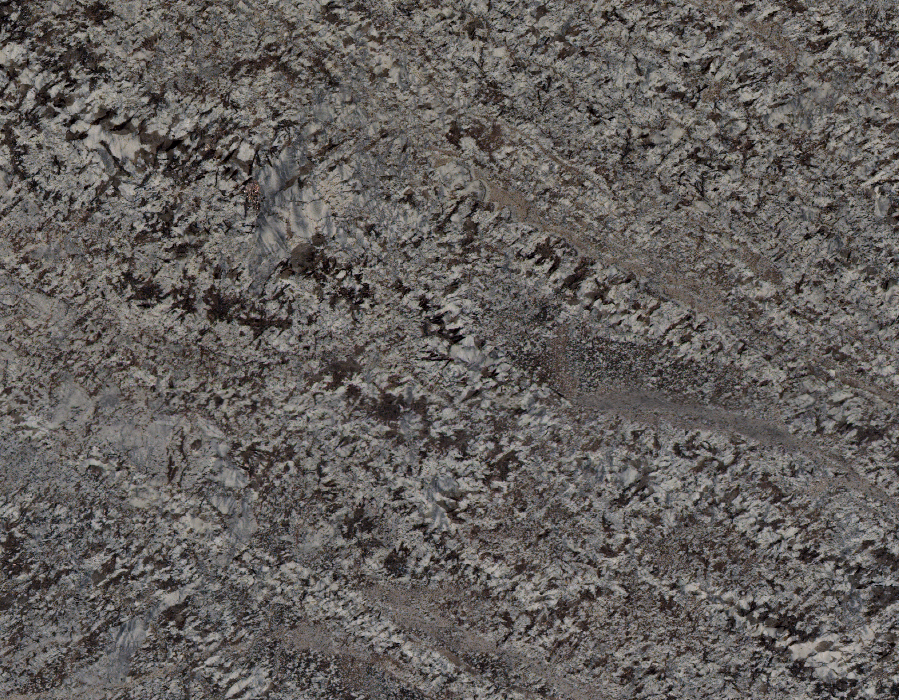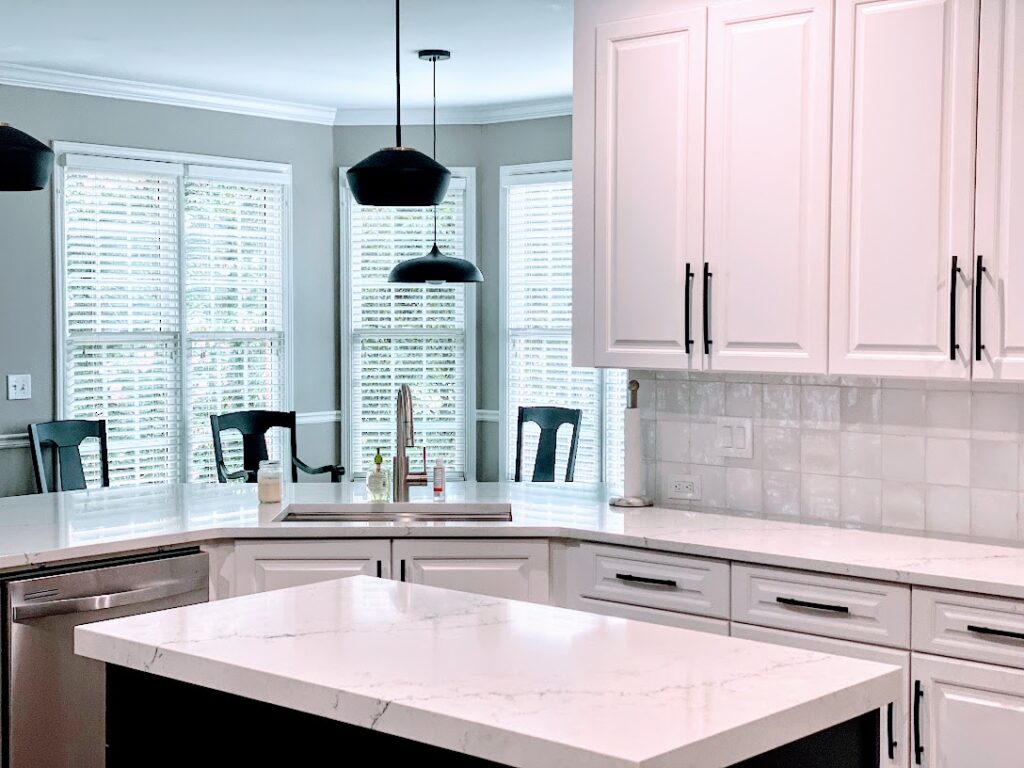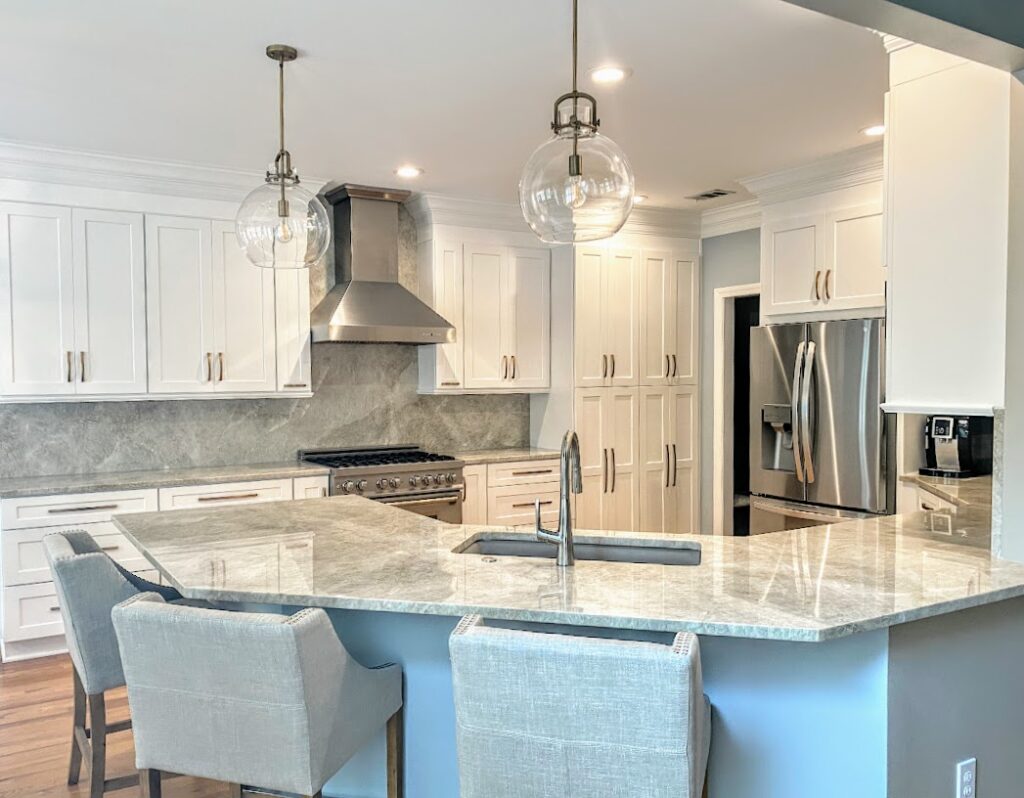Best Heat-Resistant Countertop Options
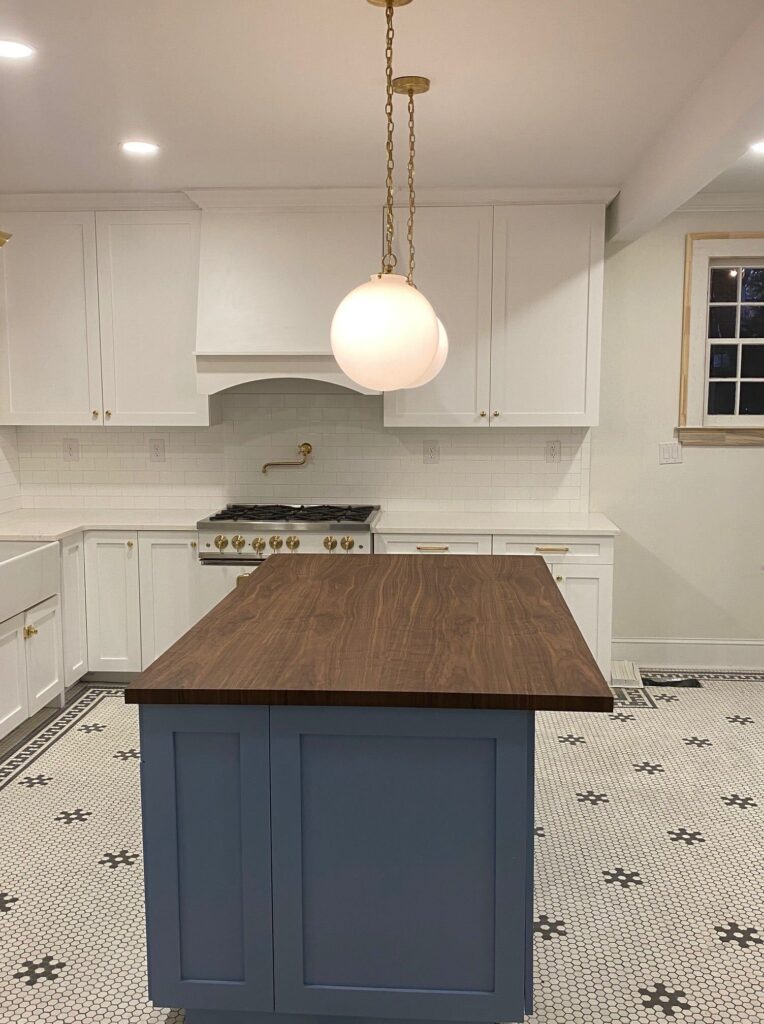
When you’re exploring the best heat-resistant countertop options, you might find yourself weighing the benefits of granite, soapstone, quartz, and marble. Each material brings its strengths to the table, with granite and soapstone leading the pack in heat resistance. While quartz offers a sleek look, it requires some care against direct heat. Marble, although elegant, demands a bit more caution. Your choice ultimately hinges on your cooking habits and aesthetic goals. But before you make a decision, consider what might happen when practicality meets design in your kitchen or outdoor space. What should you prioritize?
Best Heat-Resistant Countertop Materials
When you’re choosing countertops that can withstand high temperatures, you’ll find several excellent materials to consider.
Soapstone is an outstanding choice. It’s a natural stone that doesn’t just resist heat but also absorbs it, making it a fantastic option for kitchens where hot pans are frequently placed on surfaces. You won’t need to worry about it cracking or scorching.
Quartz is another popular candidate. Although it’s engineered stone, quartz countertops are known for their durability and heat resistance. However, be aware that while quartz is heat-tolerant, it’s not entirely heat-proof. You should still use trivets or pads to protect the surface from direct, intense heat to maintain its pristine look.
Then there’s marble, a classic beauty in any kitchen. While marble is elegant and heat-resistant to some extent, it requires a bit more caution. Prolonged exposure to high temperatures can damage it, so it’s best to use coasters or trivets.
These materials give you a range of options, each with its strengths.
Consider your cooking habits and maintenance preferences when deciding which material suits your kitchen best. That way, you’ll ensure your countertops remain both functional and beautiful.
Granite: Heat-Resistant Properties
Granite, a monumental stone, stands out for its impressive heat-resistant properties. When you’re considering a countertop that can withstand high temperatures, granite should be on your radar. This natural stone doesn’t just add aesthetic appeal; it also offers practical benefits.
If you accidentally place a hot pan or pot directly on your granite countertop, you don’t have to panic. Granite can handle the heat without suffering damage like scorch marks or cracks.
In your kitchen, where heat is a constant factor, a granite countertop becomes a reliable ally. Its dense composition allows it to absorb and distribute heat efficiently, protecting the surface from thermal shock. You’ll appreciate that granite’s resistance to heat doesn’t just safeguard the stone itself but also contributes to maintaining its stunning visual appeal over time.
However, while granite is robust against heat, it’s wise to use trivets or hot pads regularly. This practice helps preserve the sealant that protects the stone from stains and spills.
Granite also complements other heat-resistant materials, creating a cohesive and functional kitchen environment. When you choose granite, you’re investing in a countertop that balances beauty with resilience.
Soapstone: A Natural Heat-Resistant Choice
Soapstone, an often underrated material, is a natural heat-resistant choice for countertops. When you’re looking for a surface that can handle hot pots and pans without breaking a sweat, soapstone is a solid contender. This natural stone boasts incredible heat tolerance, allowing you to place hot cookware directly on its surface without fear of damage.
Unlike some other countertop materials, soapstone doesn’t require a protective trivet or pad, making it incredibly convenient for busy kitchens.
One of soapstone’s standout features is its ability to absorb, retain, and evenly distribute heat. This makes it ideal not just for kitchen countertops, but also for fireplaces and wood stoves. It maintains a cool surface despite absorbing heat, so accidental burns are less of a concern.
Plus, soapstone is non-porous, which means it won’t stain easily. You’ll also appreciate that it doesn’t require sealing, simplifying your maintenance routine.
With its soft, smooth texture and beautiful, natural coloration ranging from light gray to deep charcoal, soapstone adds a unique aesthetic to your space. It develops a lovely patina over time, enhancing its character.
If you want durability with a touch of elegance, soapstone is worth considering.
Quartz: Heat Tolerance and Limitations
Quartz countertops offer a blend of beauty and practicality, but they come with their own set of heat-related considerations.
While quartz is engineered to be durable, it’s essential to understand that it’s not entirely heat-proof. Quartz countertops are made from a combination of natural quartz and resins, which give them their beautiful appearance and strength. However, the resins can be sensitive to high temperatures.
When you place a hot pot or pan directly on the surface, the intense heat can cause discoloration or even cracking. It’s best to use trivets or heat pads to protect your quartz countertops from damage. In general, quartz can handle temperatures up to around 150°F (65°C), but exposure to anything hotter can lead to problems.
Another point to consider is that while quartz is resistant to staining and scratching, it’s not as heat-resistant as some natural stones.
That doesn’t mean you should shy away from quartz, though. Its ease of maintenance and aesthetic appeal make it a popular choice for many kitchens. Just remember to take a few simple precautions, and your quartz countertops will maintain their elegance for years.
Marble Countertops: Can They Handle Heat?
Marble countertops exude timeless elegance and sophistication, but when it comes to heat resistance, they’ve their limitations. You might be drawn to marble for its luxurious appearance, but it’s important to know how it reacts to heat.
Marble can handle some heat, but it’s not as forgiving as other materials like granite or quartz. Direct contact with hot pots and pans can cause damage. The heat mightn’t instantly crack the marble, but it can lead to discoloration or dull spots known as thermal shock.
When you place a hot item on a marble countertop, the heat causes the surface to expand. If this heat exposure is sudden or intense, it can stress the marble and create irreversible damage.
To avoid these issues, always use trivets or heat pads under hot cookware. This small step can save you from costly repairs or the need for resurfacing.
Installing Heat-Resistant Countertops
When installing heat-resistant countertops, the process involves careful planning and precise execution to ensure functionality and longevity. Start by measuring your kitchen or workspace to determine the exact dimensions needed. Accurate measurements prevent costly mistakes and ensure a seamless fit.
Choose a reputable installer who’s experienced with the specific material you’ve selected, whether it’s granite, soapstone, quartz, or another heat-resistant option.
Before installation, clear the area of any obstacles and remove old countertops if necessary. Ensure that your cabinets are level and sturdy, as uneven surfaces can lead to improper fitting and long-term issues.
During installation, observe the placement of seams and edges. Proper alignment not only enhances the appearance but also helps in maintaining structural integrity.
It’s crucial to use the right adhesive and support brackets according to the manufacturer’s guidelines. This guarantees that your countertops remain secure and stable under various conditions.
Once installed, inspect the countertops for any chips or imperfections that might’ve occurred during the process. Addressing these immediately will ensure your countertops look and perform their best over time.
Following these steps, you’ll enjoy beautiful, heat-resistant countertops that stand the test of time.
Sealing Heat-Resistant Countertops
Proper sealing is essential for maintaining the durability and appearance of heat-resistant countertops. Even though materials like granite and soapstone are naturally heat-resistant, sealing them enhances their longevity and protects against stains and moisture. You should seal these surfaces regularly, typically every 1 to 3 years, depending on the specific countertop material and manufacturer recommendations.
To seal your countertops, start by cleaning the surface thoroughly with a gentle, non-abrasive cleaner. Ensure it’s completely dry before applying the sealant. Choose a high-quality sealant suited for your specific countertop material. Using a clean cloth or applicator, evenly apply a thin layer of sealant and let it sit for the recommended time. Once it has been absorbed, wipe off any excess with a soft cloth.
Sealing doesn’t just keep your countertops looking pristine; it also prevents heat-induced discoloration and damage. This extra layer of protection can help maintain the investment you’ve made in your kitchen or bathroom.
Best Heat-Resistant Countertops for BBQ Areas
Maintaining your indoor countertops is important, but if you’re setting up a BBQ area, choosing the right heat-resistant material becomes critical. You don’t want to ruin your outdoor cooking experience with surfaces that can’t handle the heat.
Granite is a top contender, known for its ability to withstand high temperatures without cracking or discoloring. Its natural beauty and durability make it a popular choice, ensuring your BBQ area looks great and functions well.
Soapstone is another excellent option. It can handle heat like a champ and even withstand direct contact with hot pots and pans. Its rustic appearance adds charm to any BBQ setup, and you’ll appreciate its low maintenance.
Quartz, while beautiful, has some limitations in extreme heat. If you love the look, ensure you use trivets or heat pads to prevent damage. It’s a great choice for BBQ areas where aesthetics are a priority, but caution is required.
Lastly, consider concrete for a customizable and durable option. It’s highly heat-resistant and can be tailored to your desired style.
Whatever material you choose, ensure it aligns with your BBQ area’s functionality and design vision, so you enjoy worry-free outdoor cooking.
Outdoor Kitchens: Heat-Resistant Countertops
Outdoor kitchens’ countertops need to withstand both the elements and the high temperatures from cooking activities. When you’re choosing materials, consider options that can handle the sun, rain, and heat from grills or ovens.
Granite is a top contender due to its durability and heat resistance. It won’t fade in the sun, making it an excellent choice for outdoor settings.
Soapstone is another option; it’s naturally heat-resistant and can endure the weather without sealing. Plus, its rustic look can add charm to your outdoor space.
You might also consider quartz, though it requires caution. While it’s durable, direct sunlight and extreme heat can cause damage if not carefully managed. Opt for a shaded area or a protective cover if you select quartz.
Marble, while elegant, isn’t the best choice for outdoor kitchens due to its susceptibility to heat and weather conditions.
When installing, ensure the countertops are properly sealed where needed to maximize their lifespan. Regular maintenance is key to keeping them looking great and performing well.
Heat Resistance vs. Scratch Resistance
Balancing the need for heat resistance and scratch resistance in countertops can be challenging, but it’s crucial for a functional kitchen.
When you’re choosing a countertop, consider how you use your kitchen daily. Heat-resistant materials like granite and soapstone let you place hot pots without worrying about burns, but they mightn’t be as scratch-resistant as other options.
Marble, for instance, handles heat well, but it’s prone to scratching and staining if you’re not careful.
On the other hand, quartz offers decent scratch resistance thanks to its engineered surface, but its heat tolerance isn’t as high as natural stones. You’ll need to use trivets or hot pads to prevent damage.
Granite strikes a good balance, being both heat and scratch-resistant, though it requires regular sealing to maintain its durability.
Think about your cooking habits. Do you frequently set hot items directly on the counter? Or do you often chop without a cutting board? Your answers will guide you to the right material.
Ultimately, no countertop is completely impervious to damage, so take preventive measures to extend its life. Weigh your priorities, and you’ll find the perfect balance for your kitchen.
Frequently Asked Questions
Can Heat-Resistant Countertops Be Used in Indoor Fireplaces?
You can use heat-resistant countertops in indoor fireplaces, but ensure the material withstands high temperatures. Consider granite or soapstone, as they’re durable. Always consult a professional to verify their suitability for your specific fireplace design and installation.
What Is the Cost Comparison Between Heat-Resistant and Regular Countertops?
When you compare costs, heat-resistant countertops generally run higher than regular ones. You’ll pay extra for materials like granite or quartz, but they offer durability and longevity. Weigh your budget against potential damage from heat exposure.
How Does Heat Resistance Affect Countertop Color Options?
When you’re choosing heat-resistant countertops, you’ll find that color options vary with materials. Granite and quartz offer diverse colors, while soapstone is more limited. Heat resistance doesn’t heavily restrict color, but material choice might.
Are There Eco-Friendly Heat-Resistant Countertop Materials?
You can choose eco-friendly heat-resistant countertops like recycled glass or concrete. They not only withstand heat but also reduce environmental impact. These materials offer durability and style, making them a great sustainable choice for your kitchen.
Do Heat-Resistant Countertops Require Special Cleaning Products?
You’re wondering if heat-resistant countertops need special cleaning products. Generally, they don’t. Use mild soap and water. Avoid harsh chemicals or abrasive cleaners to maintain their surface. Regular care preserves their heat-resistant qualities and appearance.
Conclusion
When choosing heat-resistant countertops, consider your cooking habits and aesthetic preferences. Granite and soapstone offer excellent durability and heat resistance, with granite being versatile and soapstone non-porous and hassle-free. Quartz is a stylish choice but needs protection from direct heat, while marble adds elegance but requires careful handling. For outdoor kitchens and BBQ areas, prioritize materials that withstand high temperatures. Ultimately, select the countertop that balances functionality and style for your specific needs.

Val Carvalho is a manager at Atlanta Stone Creations, with nearly two decades of experience in the stone and design industry. In addition to her leadership role, Val plays a key part in sales and design, bringing creativity, precision, and a strong sense of style to every project. Known for her warm and collaborative approach, she builds strong relationships with both her team and her clients. Val is passionate about delivering beautiful, high-quality results and creating an exceptional experience from start to finish.

